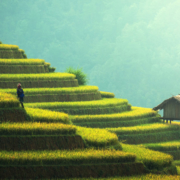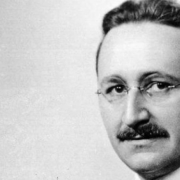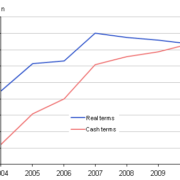Reactions to Robert Peston's Documentary
I’ve been really encouraged by the response to Robert Peston’s documentary, Britain’s Banks: Too Big to Save?. Lots of people are waking up to the problems at the core of our banking system, and like-minded campaigners are using the documentary to help spread the word. For the Adam Smith Institute, Sam Bowman wrote
There’s a big debate on the right at the moment about the banks: naturally, most of us are sympathetic with private businesses, but people like Toby are making the argument that British banks are so closely interwound with the state that they can be better understood as semi-state bodies than private firms. If banks cannot make significant losses without being bailed out by the taxpayer, is it appropriate to think of them as creatures of capitalism or of the state? I honestly don’t know, but it’s a debate we need to have if we’re to make the necessary structural changes to the regulatory system to avoid another Great Recession like the one we are (hopefully) crawling out of now.
Meanwhile, Josh Ryan-Collins at the New Economics Foundation expounded the benefits of a 100% reserve system:
An economy running on this kind of foundation should be less prone to pro-cyclical tendencies (boom and bust) and less inflationary (house price inflation in particular) than an economy based on fractional-reserve banking. And the enormous, tax-payer underwritten banks that currently monopolise credit creation would be bought back down to size, enabling greater competition and diversity in our banking sector.
Monetary reform is an idea that should appeal to people from all across the political spectrum. It is an idea whose time has come.



![spirit-level-why-greater-equality-makes-societies-stronger[1]](https://tobybaxendale.com/wp-content/uploads/2013/07/spirit-level-why-greater-equality-makes-societies-stronger1-180x180.jpg)




![money-770×426[1]](https://tobybaxendale.com/wp-content/uploads/2013/07/money-770x4261-1-180x180.jpg)


